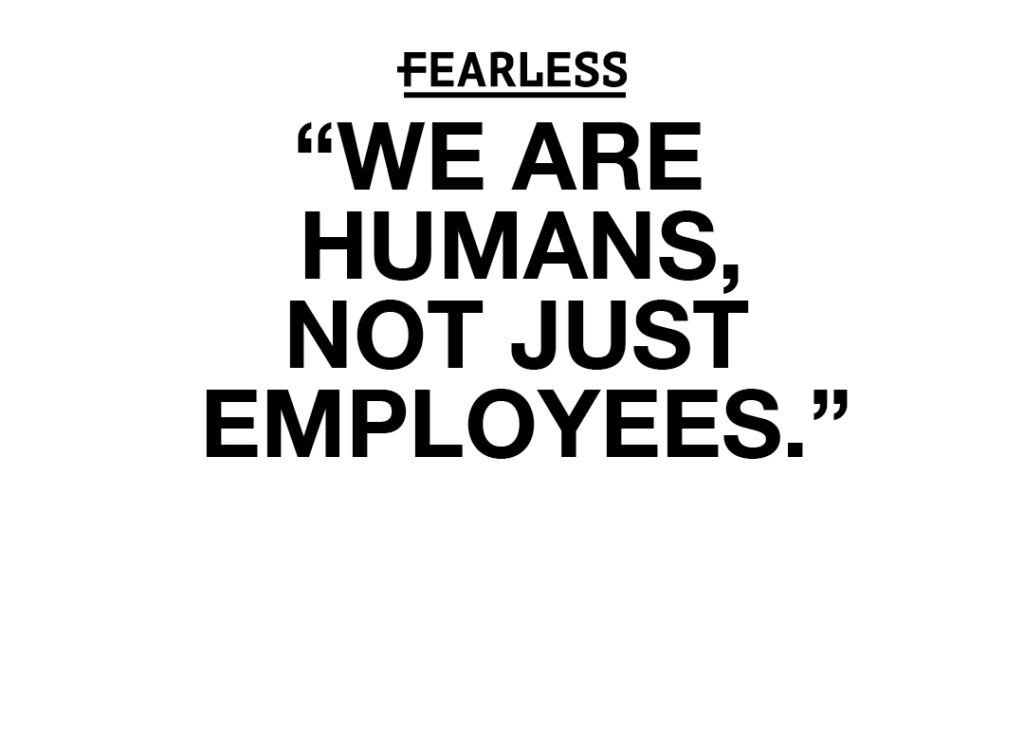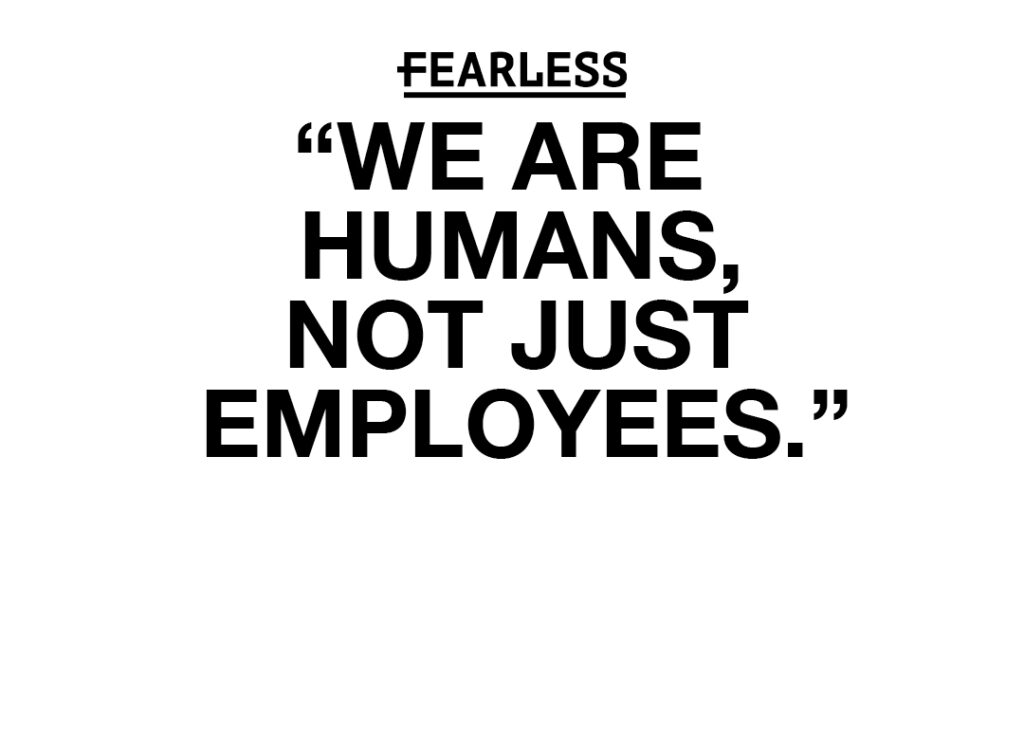On Leadership: Listen Up! I mean, really listen.

SUZANNA de BACA Nov 17, 2021 | 7:38 pm
4 min read time
966 wordsBusiness Record Insider, On Leadership, OpinionHow many times has someone in your work or personal life asked you if you were really listening? I fully admit that sometimes I catch myself nodding when someone says something to me, only to realize I was composing an answer in my head or jumping ahead in the conversation.
In a world increasingly filled with distractions, devices and temptations to multitask, it can be hard to truly hear what the people in your life are saying. So when I was recently asked to give a talk on leading through change and uncertainty at the Public Relations Society of America’s local chapter conference, listening and getting input were among the key points I emphasized.
Courses on listening are not taught at many business schools, but for leaders, listening is a critical skill, says a recent Harvard Business Review article titled “Are you really listening?” Authors Adam Bryant and Kevin Sharer assert that “Executives often trap themselves in information bubbles, a result of their overconfidence and outdated ideas about leadership.”
I’m guessing most leaders would like to avoid being trapped in information bubbles. But we all have our own preconceived notions of what our team or business needs or what’s happening in the marketplace. True listening can reveal a reality much different from your perception.
Whether one-on-one, in focus groups or through surveys, seeking input and listening help you understand your business, including what’s happening with your team, clients, customers, vendors or partners, and provides information so you can plan effective strategies. What’s more, listening shows you care.
I asked local leaders, “Why is it so important for leaders to make time to intentionally seek input and listen to their constituents?”
Almardi Abdalla, vice president of family and workforce programs, Oakridge Neighborhood Services: Leadership is all about impact, communication and engagement. Leaders who are constantly connecting and listening to their constituents tend to be impactful and well equipped to represent the genuine interests of their constituents. Listening/effective communication sits at the core of leadership. It grounds leaders, and allows leaders to exchange ideas and connect with constituents on a human level.
Dylan Lampe, director of operations and business development, Bral Niedert Private Wealth Advisors: Listening is the first step, but when you’re able to show action from feedback you have received, that helps build a trusting relationship. When people feel heard, they are more apt to openly share ideas and constructive feedback in the future. That openness is important for employee engagement, retention and ultimately the overall bottom line.
Miriam H. Lewis, chief inclusion officer, Principal Financial Group: Listening provides a pathway to grow our organizations. It requires humility to step away from ourselves, so we can open up to others. In that moment, we hear unique ideas and perspectives. We cannot truly hear others if we assume we have all the answers. Listening takes curiosity and a genuine sense of value in the person across from us.
Karen Novak Swalwell, president, Francis & Associates: In recruiting, strong active listening skills are critical in matching candidate skills and personalities to our client’s needs and culture. We must first listen closely to how the client is describing the position and also how they describe their company culture. Secondly, we listen closely to how candidates describe themselves and their experiences. Many times it is as important to listen to what is not being said as what is being said.
Claudia Schabel, president and CEO, Schabel Solutions Inc.: As a leader, you might not always have the opportunity to hear firsthand what the customer or employee thinks of the new product or service your team has worked on. You may miss what’s really happening in the “front lines” with your employees and customers. This lack of information could negatively impact your strategic planning and how you add value.
Mike Tousley, executive vice president, the Weitz Co., LLC: We strive for a culture where employees are engaged and feel a part of the company. Our core values drive us to respect all people and nurture personal growth – both of which cause us to trust each other, listen more than talk, and empower people to make decisions that they are capable of making.
Listening is a critical skill for leaders at work, and it is safe to say it can go a long way in your personal life as well. To avoid your own information bubble, make time to listen intentionally, actively and regularly to all the important people in your life, and keep your mind open to positive change.
Advice on effective listening:
- Seek input intentionally. Schedule time to proactively solicit input from stakeholders, ranging from team members to clients to vendors. Lampe suggests doing “stay interviews,” an intentional way to hear from team members about what’s going well and why they stay in a job.
- Ask questions. Tousley advises leaders to seek people out individually and ask open-ended questions, and to then “follow the initial questions with more open-ended questions.” Similarly, Lewis asks intentional questions, saying she is often surprised by what people are willing to share when they feel listened to. “When we listen,” says Lewis, “we silence what we already know to make room for what we might learn.”
- Be an active listener. “Listen to hear and learn, not to respond,” says Novak-Swalwell. She suggests paraphrasing what you’ve heard back to the speaker to make sure you’re hearing them correctly, saying, “This builds great trust with the person you’re speaking with and goes a long way towards eliminating miscommunication.”
- Use the feedback. Schabel counsels leaders not to ask for feedback if they have no time, no resources or intentions of doing anything with it, because “inaction feels like a slap on the face.” She says, “If you receive feedback, take it and run with it.”









